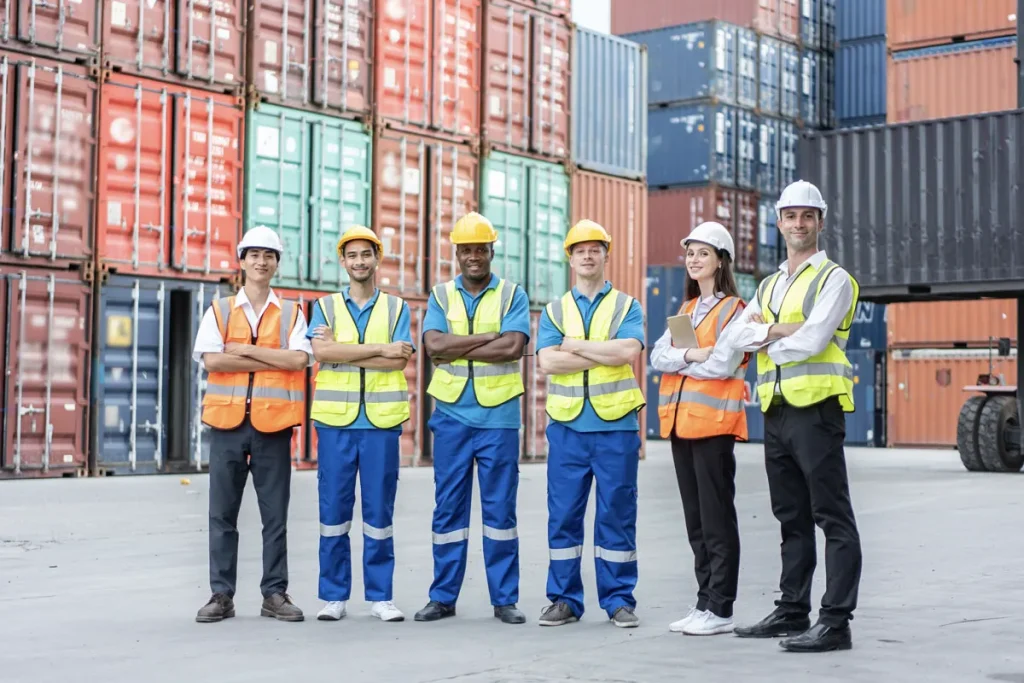The logistics sector is booming, driven by growing global demand for goods and the challenges of sustainability and digitalization. With 12% of Europe’s GDP coming from logistics services, companies are increasingly seeking professionals with diverse and advanced skills to manage complex supply chains and adapt to rapidly evolving technologies.
Most In-Demand Roles in the Logistics Sector
According to a recent analysis, the demand for logistics professionals in Italy has increased by 10%, reflecting the need for experts capable of optimizing processes and ensuring operational efficiency even in uncertain contexts. Among the most sought-after roles are:
- Sales Executives: Specialists in business development for international shipments, with an average annual salary (RAL) ranging from €45,000 to €50,000. Their responsibilities include market analysis, creating customized offers, and managing relationships with new clients.
- Import-Export Operations Managers: Responsible for managing shipments and customs procedures, coordinating clients, suppliers, and agents. The average salary is between €30,000 and €40,000.
- Logistics Specialists: Key figures in coordinating the entire logistics chain, responsible for monitoring delivery times, costs, and quality. Their annual salaries range from €35,000 to €45,000.
These roles require not only technical skills but also relationship management, stress management, and quick decision-making abilities—skills that are increasingly in demand in a rapidly changing industry.
Digitalization and Sustainability: New Skills in Demand
In addition to traditional skills, logistics professionals must now master advanced digital tools and contribute to corporate sustainability strategies. The most in-demand skills include:
- Integrated Management Systems (ERP, TMS, WMS): For optimal management of goods flows and resources.
- Real-Time Shipment Monitoring: The ability to track goods along the entire distribution chain.
- Logistics Data Analysis: Identifying inefficiencies and optimizing operations.
- Process Automation: Developing solutions that reduce operating costs and improve efficiency.
At the same time, there is a growing focus on environmental sustainability. Companies are adopting practices to reduce emissions, optimize loads, and rationalize resource use, in line with the expectations of a market increasingly concerned with green issues.
An Industry in Transformation
With the increasing demand for digital skills and the growing focus on sustainability, logistics is becoming an attractive sector for new generations. This transformation offers stable and well-paying career opportunities for those ready to invest in training and specialization.
PortaleGenio, with its informational solutions for intermodality, can be a crucial support for logistics professionals who want to stay up-to-date on the latest technological innovations and industry trends.
Conclusions
Investing in digital and sustainable skills is essential to remain competitive in the logistics sector. As global supply chains continue to evolve and new sustainability challenges emerge, professionals who can adapt will play a crucial role in shaping the future of logistics.
Sources:
- Industry analysis on logistics professions
- Reports on digitalization and sustainability in the transport sector
- Average salary data in the logistics sector

